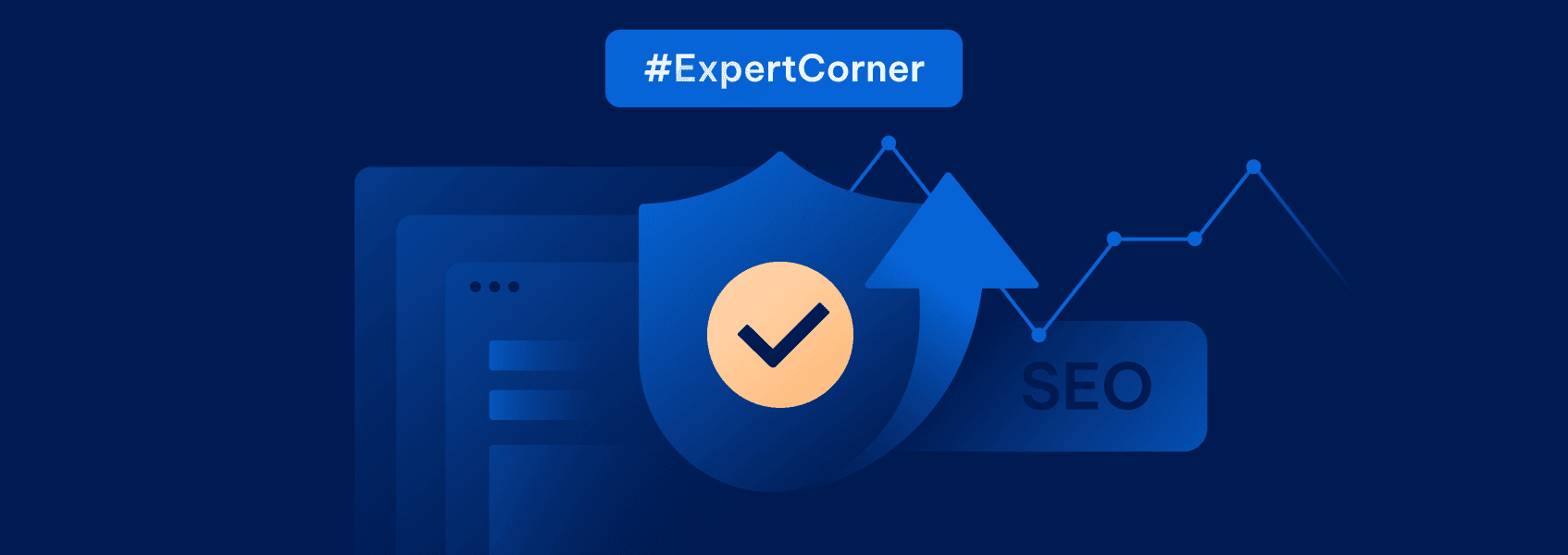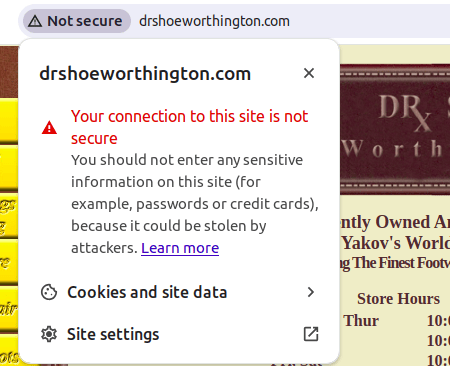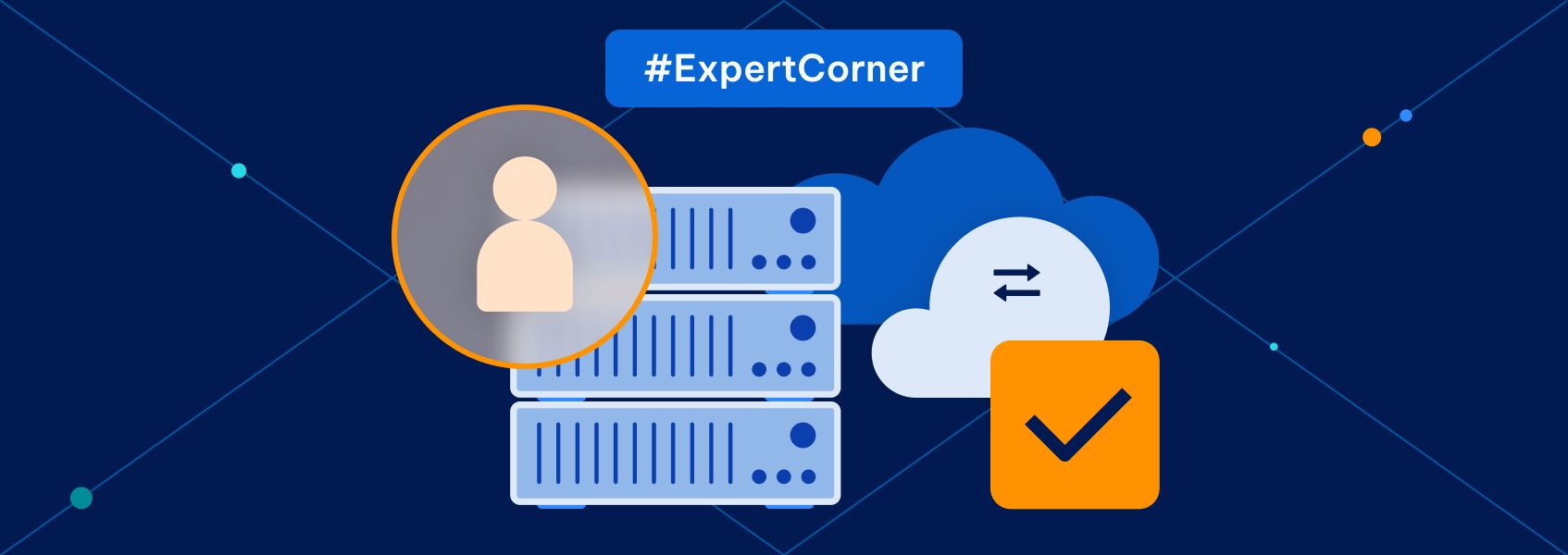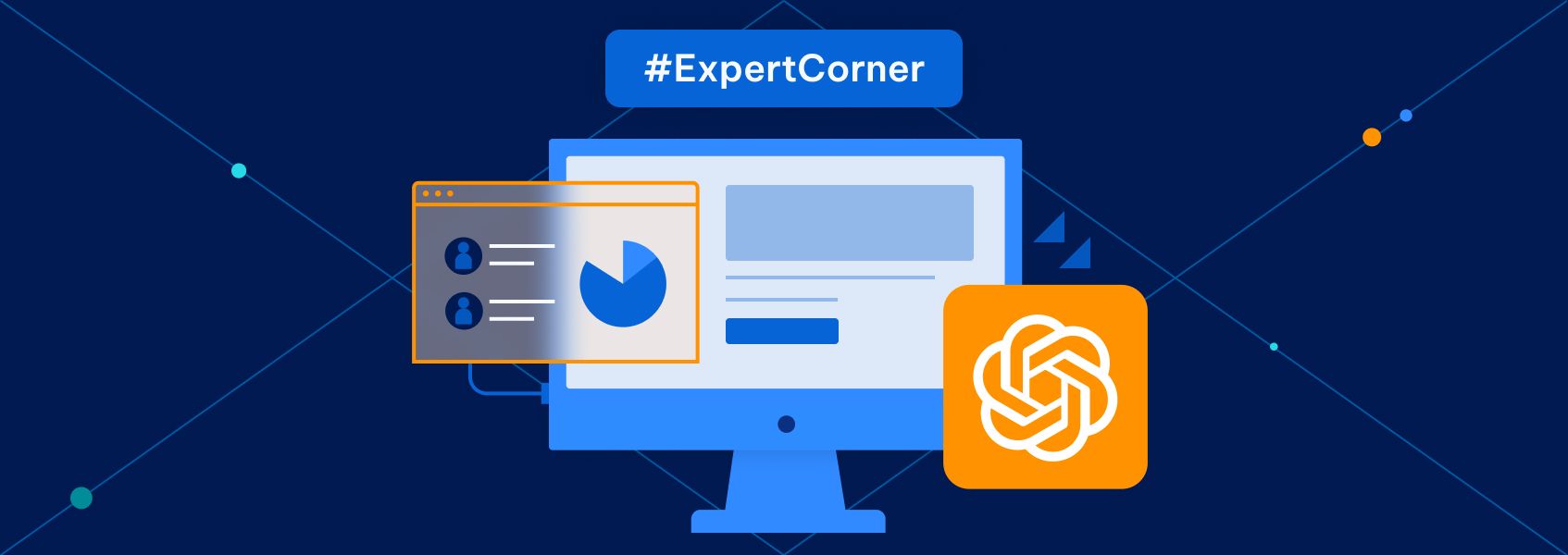How Website Security Affects SEO Performance
Expert corner

Ivanna Vashyst
Search engine optimization is a complex marketing strategy that includes multiple elements. It involves keyword research, creating quality content that can rank well for your target keywords, and improving off-page SEO.
To succeed, each element has to stand on the solid ground of on-page and technical SEO. A website that loads slowly, has several critical errors, and has poor navigation, will not rank as well, even if you do everything else right.
Strong website security is one of the key elements of technical SEO. This article will walk you through its basics and share its best practices.
Benefits of Robust Website’s Cyber Security for SEO
Web security is not only useful in SEO. There are three major benefits of having a secure website:
- Protect against cyber attacks
As most websites collect data on their users, the black market of data thrives on poor website security. Malicious actors can create a data breach through SQL injection or simply steal your improperly stored database. Such a data breach may lead to loss of business, litigation, or action from authorities.
- Improve user trust
With news about data breaches in the air, users naturally value secure web interactions. Simply having an SSL certificate can be enough to instill a basic level of user trust. This can help reduce the bounce rate and improve traffic and sales as more visitors aren’t afraid to browse your site.
- Improve search engine rankings
Finally, basic website security measures are a ranking signal for your website. It’s not the most prominent signal, but improving website security will help your SEO efforts.
Impact of Website Security on SEO Performance
The two most important SEO jobs will improve website security and add other benefits to your website:
- Get an SSL certificate to use HTTPS protocol on your website.
- Keep its elements like WordPress or plugins from your website builder updated.
This will cover most of the basic web security needs. Here is how it will affect your website.
HTTPS Impacts Your SEO Rankings
Search engines care about user security and want to prevent them from accessing scam websites that steal their data and defraud them. So, it’s only natural that services like Google would care about website security and use it as a ranking signal.
Modern browsers show users an insecure website and recommend not to interact with it, much less make payments.

HTTPS is the new standard web protocol that phased out HTTP and stands for “hypertext transfer protocol secure.” Over 85% of websites use it. The improvement compared to HTTP is that any data transferred on the site, like login and password, is encrypted.
Without this encryption, a malicious actor could intercept the information package containing user banking information or login credentials. With it, they can only intercept a string of random symbols that they can’t decipher.
HTTPS uses a TSL/SSL certificate, which comes free with most modern website builders and CMS. If yours has expired, multiple companies offer it for free with the condition that you renew it every three to six months.
Or you can purchase one for around $100-200 with an annual automatic renewal.
Now, Google has multiple ranking factors, and we can’t know for sure how important HTTPS is compared to other factors like website authority. What’s certain is that using this protocol is a factor that influences ranking.
Risk of Being Blacklisted by Search Engines
If a website looks especially suspicious to the search engines, they can blacklist it. This doesn’t just happen to malicious websites. If your site is compromised without your knowledge, Google can add it to a blacklist, and either your whole website or separate pages will plummet in SEO rankings or disappear from SERP until you fix the issue.
Here are the most common reasons your site could be blacklisted and how to avoid them.
SEO Spamming
You’re doing SEO the right way—following Google guidelines and expert advice to make your website great and tell Google how to display it in SERP. But not all SEOs are abide by the rules.
Some people do SEO for shady websites, like gambling, illicit substances, or adult topics. Authoritative websites like Forbes would never link to such a website. But your site can if it’s hacked.
What these people would do is gain access to a website’s admin panel and populate it with links to these shady sites. This happens more often than you think, and most victims don’t even know about it as hackers create hidden pages to leave these links.
If your site links to multiple domains that Google considers malicious or spammy, your site can be blacklisted.
Here are ways to avoid these SEO risks.
- Learn how to prevent phishing attacks and teach your employees.
- Keep the software on the site up to date.
- Use HTTPS to avoid losing your login credentials.
Malware Injection
When your site is using a secure connection, the data users send to your site is encrypted and secure. But hackers can still inject malicious code into your site.
XSS or cross-site scripting is the most common way to inject malware. The way this works is a hacker uses website inputs like submission forms to put malicious code into your site. When that entry is opened, instead of putting text into a database, it executes a script.
This code can then try to do something with the site or its users. It can change your website to redirect users to another site, steal user data, or alter their cookies to hijack their accounts.
Improving web security here may be harder. First, scan your website with a tool like Nessus or Nikto to see whether places on your website can be attacked.
The next step is to implement a Content Security Policy (CSP) . Basically, this is code that tells the browser to only execute scripts and load content from the sources you trust. This includes your own websites or code libraries.
Phishing Attacks
Phishing is a type of attack where hackers send emails masquerading as a legitimate business to get a user to click on a malicious link or give up their sensitive data.
One way this can affect your site is your IP address getting hijacked to send those emails. The other is if hackers get access to your site and create a popup that prompts users to put in their sensitive data.
Both can lead to the blacklisting of your site as your domain is actively used to harm search engine users. Not to mention, user trust is going to drop.
Here are practices to improve website security:
- Don’t click on links or open files you get in the mail.
- Regularly check email servers to see whether there are sessions from unknown accounts.
- Implement URL filtering in the workplace.
- Educate users on basic phishing prevention if you spot hackers using your name.
- Run regular security audits.
DDoS Attacks
Your web server has bandwidth—the amount of users accessing your site at the same time. Distributed denial of service attacks flood your servers with bots making requests. As a result, your site slows down or stops working completely.
When there’s significant downtime for a long time, Google will drop your site from positions because it doesn’t serve a purpose on SERP.
Hackers typically do this either for ransom, negative SEO, or simply out of boredom. There’s no significant benefit in it other than trying to get a ransom, so it doesn’t happen to smaller businesses that often.
To prevent this from affecting your website’s downtime, limit the number of requests from one IP address and restrict bots from using certain elements of your site.
Data Breaches
Data breaches are not uncommon. There were over 3,000 in 2023 , with millions affected. When malicious actors gain access to your customer’s data, you will suffer a blow to user trust and might get penalized by Google, leading to lower SEO rankings.
Use the best practices mentioned above to implement data security best practices to further improve web security.
The best way to make sure your site is secure against all of these threats is to use website auditing software . Software like this can check your SSL certificates, find redirects to insecure pages, and detect other vulnerabilities like using outdated encryption.
Run regular technical SEO audits, at least quarterly, and you’re going to catch most insecurities before they can become threats.
Consistent Security Setup Speeds Up Website
Another benefit of using modern website security protocols is that they work faster. Using HTTPS instead of HTTP can make your site load a few seconds less, and that means a lot both in terms of website performance and SEO. Website loading speed is a part of search essentials, as per Google guidelines, and influences your site’s ranking.
Update your site to the latest protocols and use updated resources. A website is made up of multiple parts, and each can be using different protocols.
For instance, if your site is using the latest HTTPS protocols, but you use an outdated extension and load videos from a file-sharing site updated in the last decade, you’re using three different website security protocols.
The user’s browser has to make connections with each, and this leads to a longer loading time. Make sure all elements of your site and your sources are updated, and it can solve many website speed problems, leading to better rankings.
Summary
Website security is important enough and serves a purpose in search engine optimization by making your site load faster and rank higher on SERP.
Optimizing this can be as simple or as difficult as you want. The most basic level of web security that matters for SEO includes keeping your SSL certificate updated, reading up on preventing phishing attacks, updating the software you use, creating a very basic CSP, and running regular audits.
For more advanced website security measures, look into data masking, strict CSP, and Anycast network diffusion.


